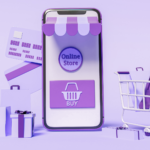
Zelle vs Cash App vs Venmo, Which one is better and when?

Peer to peer (P2P) cash apps are trending these days. Whether you want to share coffee bills with friends or send money to a kin in need, online cash apps are your best android friends as sharing dollars is only a few clicks away as you need only the receiver’s email or phone number. According to a 2021 McKinsey & Co survey, around 82% of Americans were using digital payment and money transfer services.
Three of the most popular P2P apps are Zelle, Venmo and Cash App, but here comes the question and confusion, how do they work? Which one is more reliable and when? It really becomes confusing and difficult to decide which app is more handy or beneficial in certain circumstances. We have created a detailed Zelle, Venmo and Cash app comparison with each app introduced along with its notable features and flaws. Let’s dive deep, shall we?
Zelle:
Founded in 2016, Zelle is an online payment network owned by Early Warning Services, LLC which allows its users to send money from their bank account to another user’s bank account located within the USA. You can easily send money to another Zelle account within a few minutes. Statistics show that Zelle users are expected to cross 61.1 million in 2023 and are projected to grow continuously in the coming years. According to the 2022 report by Zelle, since 2017, more than 5 billion transactions have been made with 1.5 trillion dollars moved across the network.
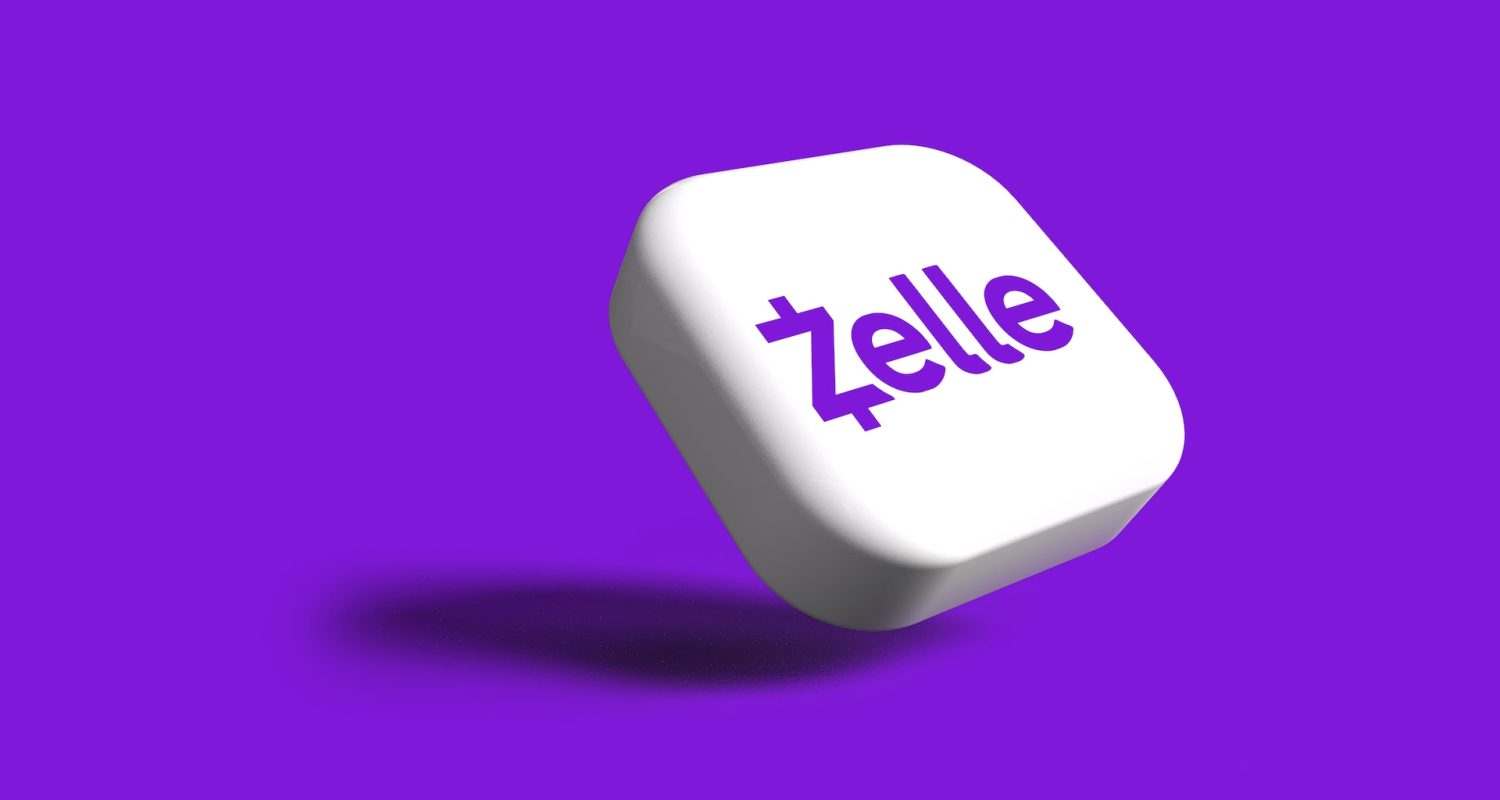
Notable Features:
- Secure payment transactions. Since its launch in 2016, 99.9% transactions report no scam or frauds.
- Doesn’t require money receivers banking details.
- Supported by 1700 banks and credit unions in the US.
- Integrated within the bank apps.
- No money receiving limit.
- Fast, free and secure service
When Zelle is helpful:
With Zelle, you can send money fast, free of charge and without having to know about the banking details of the recipients. So, Zelle is the best option for free, secure and fast payments and transactions.
Zelle has downsides:
- Services only available in the US.
- Can’t cancel a transaction to someone already enrolled with Zelle.
- You cannot link Zelle accounts with credit cards.
- You cannot maintain a cash balance since you cannot link Zelle with a credit card.
Venmo:
Venmo is a P2P money transfer and payment app founded in 2009 and is owned and run by PayPal since 2013. You can create a Venmo account for free and enjoy fast payment transactions. Venmo users can pay bills, share taxi or event ticket expenses by finding and adding people to their Venmo account through phone numbers, emails or Venmo usernames. In 2021 alone, people have moved $230 billion in transactions through Venmo according to recent statistics.
The App also has a social media feature called “Venmo feed” through which users can see transactions (not the payment amounts) made by other Venmo users. But the latest version of the app allows users to make their transaction activity public, friends only or private.
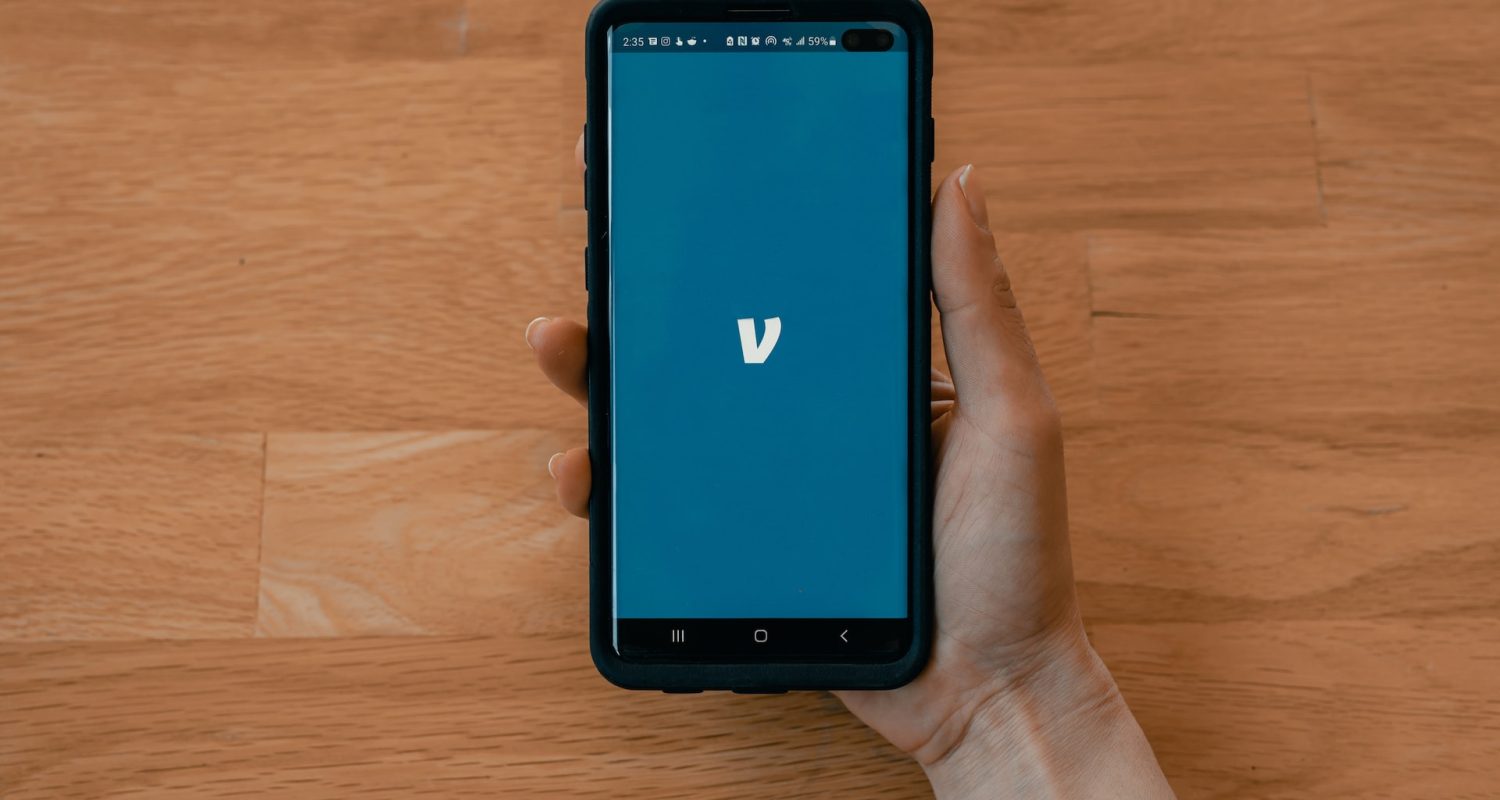
Notable Features:
- No sign up or transaction fees.
- Users can find and add the recipients through phone numbers, emails or Venmo usernames.
- Venmo feed option, transaction activities can be shared with friends or with the public.
- It offers transactions through debit and credit cards.
When Venmo is helpful:
Like Zelle, Venmo only provides services in the US, but with Venmo, the money sender and receiver both need to be in the US and must have US bank accounts. Currently, Venmo doesn’t even support signing in if you’re out of the US.
Venmo has downsides:
- To use Venmo, you need to be; physically located in the United States, have a U.S. cell phone, must be at least 18 years old, and you must have version 7.38.2 or newer.
- The app has discontinued its website support to reduce costs.
- You will pay a 3% fee for sending money through Venmo if you use a credit card.
- Venmo does not have a Windows app, only iOS & Android apps are supported.
- Due to transaction activity and social media features, Venmo users face privacy concerns.
- A 1.75% fee is charged for any instant payment or money transfer.
Cash App:
Launched by Block, Inc. in 2013 and previously known as Square Cash, Cash App is an instant money transfer app that allows its users to send, receive or request payments both in the United States and the United Kingdom. You can make or receive an instant payment once you create a Cash App account and connect it to your bank account. For transactions from US to UK, Cash App converts payments from Dollars to Pounds though mid-market exchange rates.
The App also has a social media feature called “Venmo feed” through which users can see transactions (not the payment amounts) made by other Venmo users. But the latest version of the app allows users to make their transaction activity public, friends only or private.
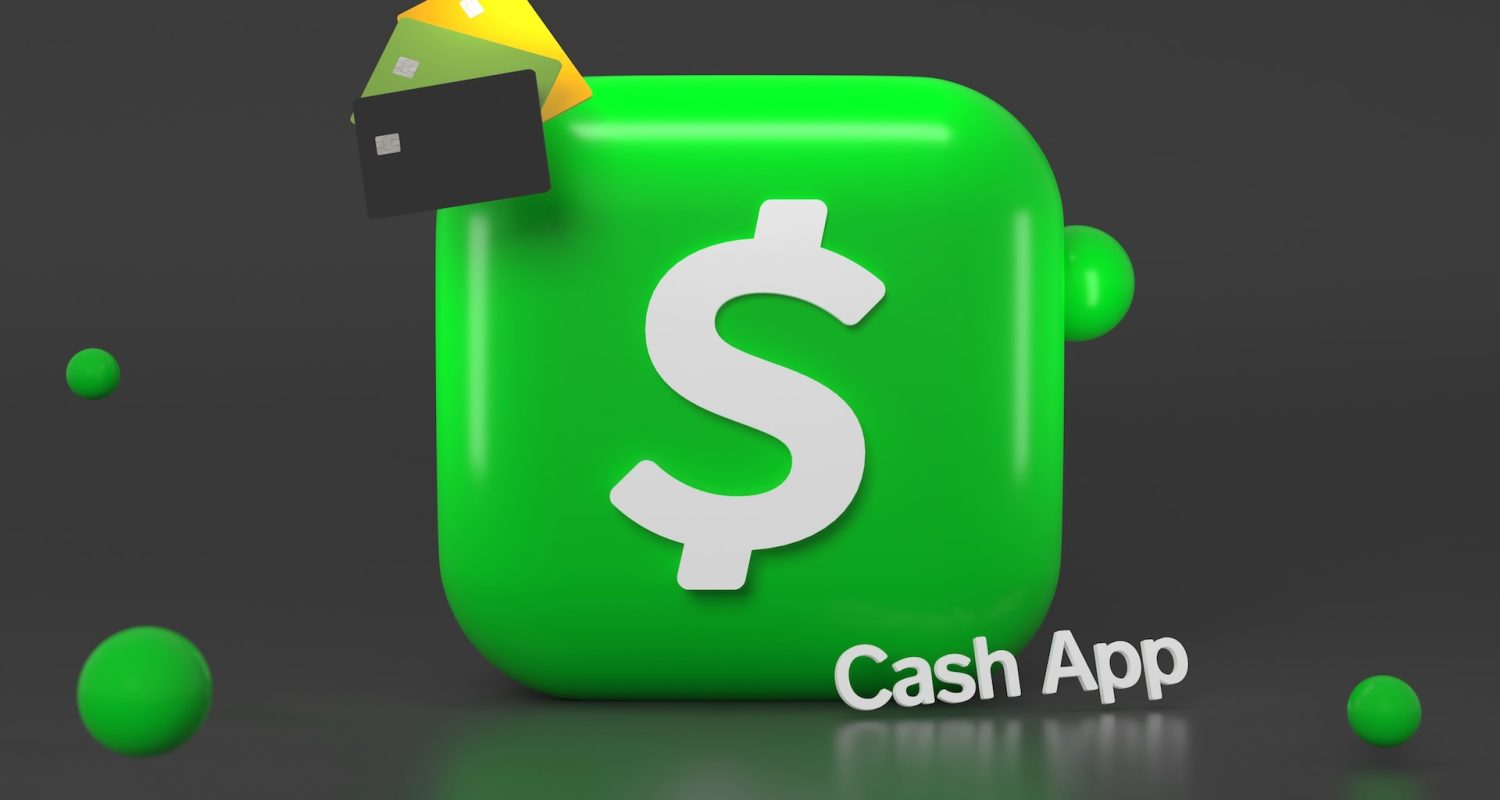
Notable Features:
- Allows both US and UK based payments.
- Allows you to trade Bitcoins.
- You can find payment recipients through their names, phone numbers, or through a Cash App identifier called Cashtags.
- Normal transactions cost no fees.
- Offers Cash App discounts and Cash Cards.
- You can Invest and buy stocks.
- Teens (13 years old or above) can use Cash App but require parent or guardian authorization.
When Cash App is helpful:
Being able to send payments to both USA and UK, is the most useful feature of Cash App. Also, Cash App is a better choice if you’re interested in buying cryptocurrencies, stocks, and in online investment.
Cash App has downsides:
- You need to pay a 1.5% fee for immediate money transactions.
- Teens users (unless they turn 18) won’t be able to buy or trade cryptocurrencies or stocks.
- A big drawback is the 7 day and 30 days limits. Through a basic Cash App account, you can only send or receive up to $250 in a 7 day period or $1,000 within a 30-day period.
- To increase cash transaction limits, users need to verify their identity by submitting their full name, date of birth and additionally, their last 4 digits of Social Security Numbers (SSN).
- Does not provide Federal Deposit Insurance Company (FDIC) insures.
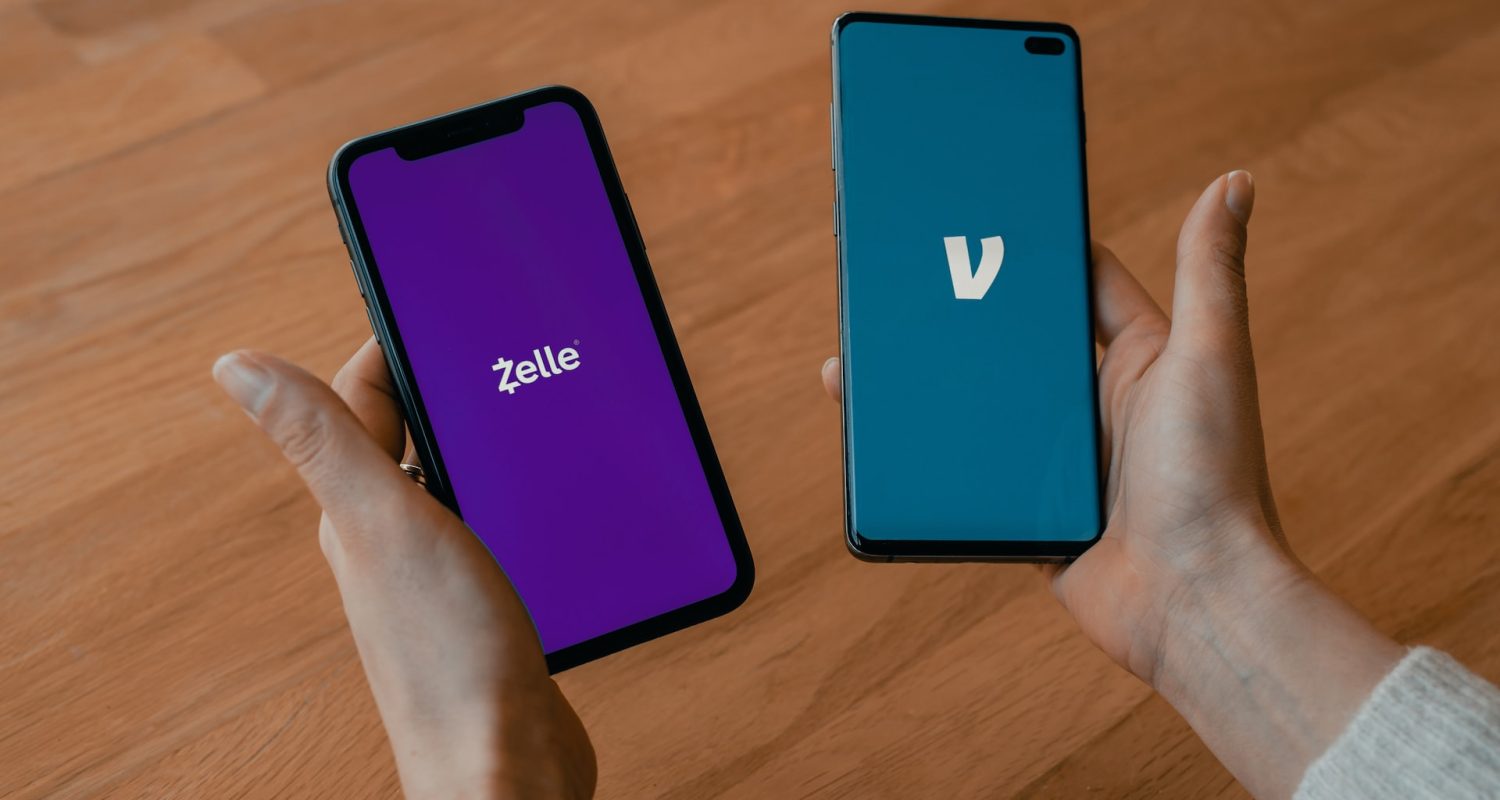
Finally, whatever app you prefer depends on what you are looking for. If you are living in the US and rarely travel abroad, and don’t want to bother yourself about providing recipient details before making payments, then Zelle is ideal. Venmo provides a slight taste of social media with its payment and transaction services. But Cash App seems to be much more flexible, with its investment and Crypto trade features and its availability in both the USA and UK.








